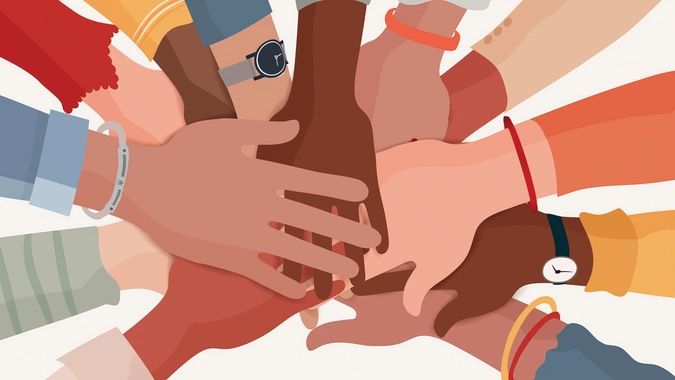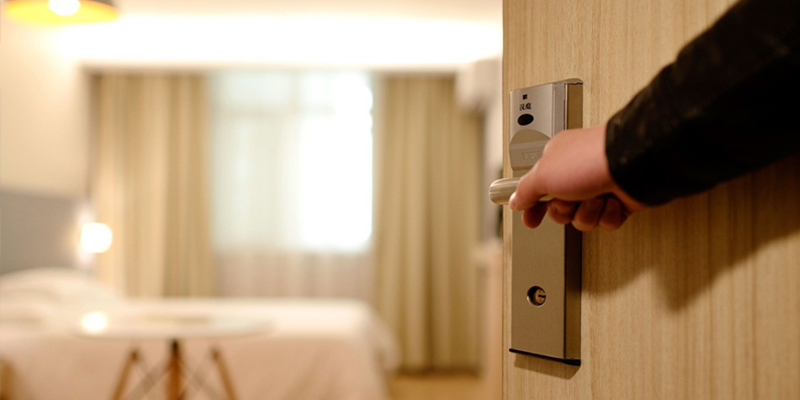The old fixes aren’t enough. To diversify franchising’s ranks, we need to start rethinking big parts of the business.
The franchising industry is actively recruiting more diverse owners and managers, but the numbers show how far we have to go. According to the latest data, 71% of franchise owners and 71.3% of franchise managers are white.

So what’s stalling progress? Among the problems, underrepresented communities receive less information about franchising opportunities — and because franchise ownership isn’t as deeply rooted there, it can take longer to build relationships. There’s also the capital gap, as people of color often start out with an economic disadvantage. But having built and advised franchised businesses across industries for over 25 years, I believe it’s a solvable problem.
Related: How to Successfully Implement Diversity Initiatives
As a double immigrant (I moved from India to Canada, then from Canada to the U.S.), I’m now the founder of MogulRecruiter, a technology company that aims to drive diversity and meritocracy in the hotel industry. By 2020, roughly 81% of branded hotels were franchised operations, so the industry is a telling microcosm of franchising at large. My company gathers data on diversity in the hotel industry, and I’ve identified three key patterns that can help our industry diversify:
1. We must share our data.
Traditionally, corporations don’t share diversity data on their workforce. That’s understandable (it feels risky!), but it’s also counterproductive. Recent studies show that businesses with diverse employees mirroring their communities outperform their peers.
Comparatively, consider the function of customer reviews. Some major hotel brands reject negative reviews on their websites, and their lack of transparency has allowed Tripadvisor and Google to establish trust with consumers. Regular reports on diversity gaps are just as important as customer reviews — and the more these brands share their data, the more it drives policies at the franchise level. This is in everyone’s best interests, from the shareholders on down. Keeping the diversity data on employees confidential both internally and externally is one of the toxic orthodoxies in the hotel industry. Check out the other orthodoxies quoted by Alexander Mirza!
Alternatively, when companies share data, the interpretations can effectively improve the quality of talent, without a doubt. One of the amazing insights obtained from a regression analysis of shared data is, “There is a 92% correlation between a change in the company’s quality of talent score and its diversity talent score” (source: a hospitalitynet.org publication by Alexander Mirza).
2. Rethink how we filter candidates.
As franchisors seek new franchisees or executives, they may put candidates through corporate filters like résumé-parsing software and assessments. But even if these filters are not inherently racially or gender biased, they stand in the way of attracting diverse talent. They do not measure drive, resilience, or human potential, for example, and they can be used to wrongly label people and homogenize workplace cultures. Assessments should be reserved for highly technical roles or to de-risk hiring candidates from another industry.
Franchisors should take cues from colleges and universities, which have decreased their reliance on standardized testing. In 2020, for example, the University of California Board of Regents eliminated the standardized testing requirement and UCLA saw a historic increase in Black applicants, up 48% for fall 2021, with gains across many racial and ethnic groups.
Related: How to Stop Getting Ghosted By Sales Prospects
3. We need new scouting systems.
As franchise brands seek to increase diversity, they often look to promote from within their brand or industry rather than drawing people in from outside. Yet internal promotions alone cannot solve the problem; the talent pool just isn’t big enough.
According to our talent-ranking algorithm, 15% of the hotel industry’s already-small diverse talent pool is ready to be promoted to senior positions. Accelerating diversity requires experimentation to identify up-and-coming diverse talent from a wide range of sources, including adjacent industries. For example, in 2020, only 1.6% of U.S. hospitality executives (at the director through CEO level) were Black, whereas in retail management in 2019, it was 6%. That’s an area to build a talent pipeline from.
Of course, these ideas are just the start. I’m heartened by how seriously the franchise industry takes this problem. There’s much progress being made, and to address a problem this big, we’re going to have to think even bigger.



